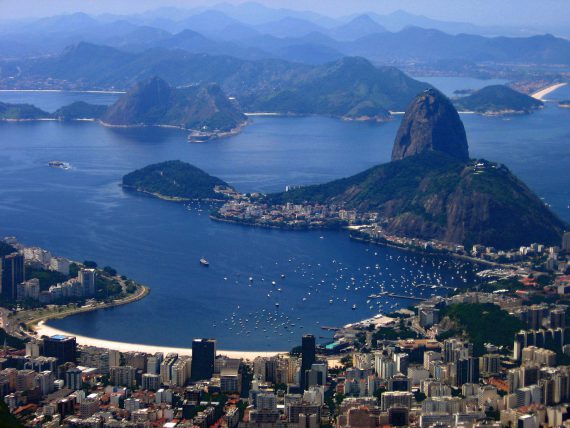
This project main objective is to evaluate the success of forest restoration in the city of Rio de Janeiro through sustainability indicators (ecological, economic and social).
Considering the complexity of ecological, economic and social factors in areas originally occupied by the Atlantic Forest, the evaluation of restoration initiatives in the biome through sustainability indicators is an important step to settle an integrated view of the restoration.
The use of sustainability indicators represents a high potential to the evaluation of restoration projects in ecosystems with high diversity (e.g. Tropical Forest) and heterogeneous social structure, with high socioeconomic contrasts (e.g. city of Rio de Janeiro).
Within the regional, national and international context of deforestation and the ambitious restoration goals in the city of Rio de Janeiro since the 1980s, should be highlighted the project “Mutirão de Reflorestamento” (reforestation effort, in English), coordinated by the Environment Secretary of the city of Rio de Janeiro (SMAC).
An outstanding characteristic of this project, beyond the restoration of around 3,000 hectares of native forest, is the involvement with the community and the generation of volunteer workstations in the stages of implementation and maintenance of the project.
The partners of the project “The successful restoration assessment through sustainability indicators: the case of Rio de Janeiro” are: Pontifical Catholic University of Rio de Janeiro (PUC-Rio), Columbia University, International Institute for Sustainability (IIS), Research Institute of Botanical Garden of Rio de Janeiro (Botanical Garden) and the Environment Secretary of the city of Rio de Janeiro (SMAC).
Status: ongoing
Back to Projects


